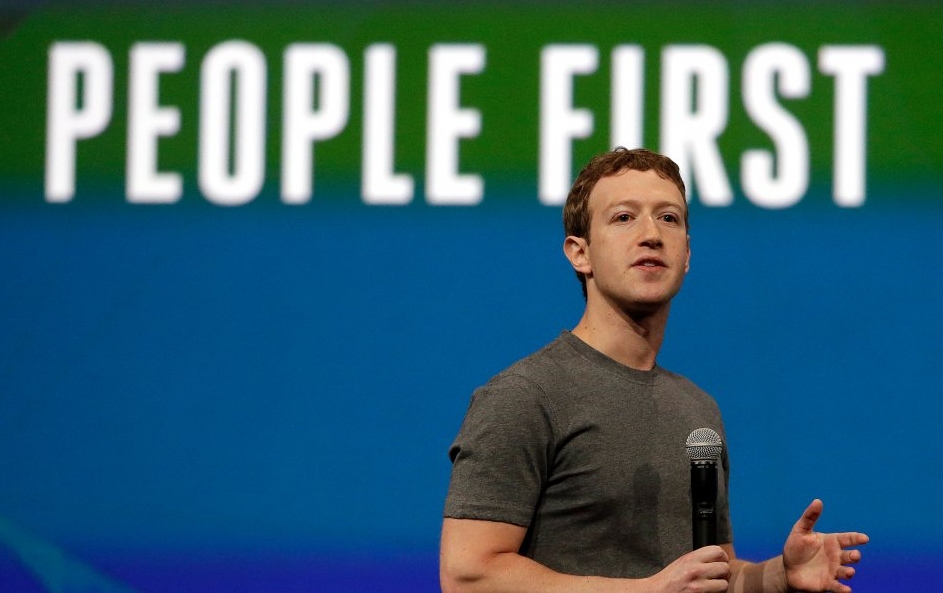
Some of the nation’s top universities are developing and offering tech-related courses you might expect to take as a medical or journalism student.
The Massachusetts Institute of Technology (MIT) and Harvard University, for example, are jointly offering a new class on ethics and the regulation of artificial intelligence while the University of Texas at Austin recently introduced a course called Ethical Foundations of Computer Science that could one day become a requirement for all computer science majors.
At Stanford, professors have teamed up with a research fellow to develop a computer science ethics course for the next academic year.
As The New York Times highlights, the goal here is to train the next generation of technologists and policymakers to consider the ramifications of innovations before they hit the market rather than be concerned with being the first to market and asking for forgiveness later.
Given the current state of technology and the fact that we’re on the brink of several major innovations, such courses could be critical to future generations and humanity as a whole. Imagine what would happen if we simply turned self-driving cars loose on city streets or mass produced autonomous weapons without extensive testing.
Mehran Sahami, a computer science professor at Stanford who is helping to develop the aforementioned course, said it’s about finding or identifying issues that students in the next two, three, five or 10 years will have to grapple with.

“Technology is not neutral,” said Professor Sahami. “The choices that get made in building technology then have social ramifications.”
Laura Norén, a postdoctoral fellow at the Center for Data Science at New York University, told the NY Times that we need to at least teach people that there’s a dark side to the idea that you should move fast and break things. “You can patch the software, but you can’t patch a person if you, you know, damage someone’s reputation.”
Indeed, one needs to look no further than Facebook as a prime example of this “build-it-first” mindset. We were naïve. Nobody knew or could even fathom a future where social media would become the overwhelming force it is today. But now that we’re exploring game-changing technologies like machine learning and advanced robotics, the potential to alter human society is very real and must be approached with caution.
https://www.techspot.com/news/73269-next-generation-technologists-need-lesson-ethics.html